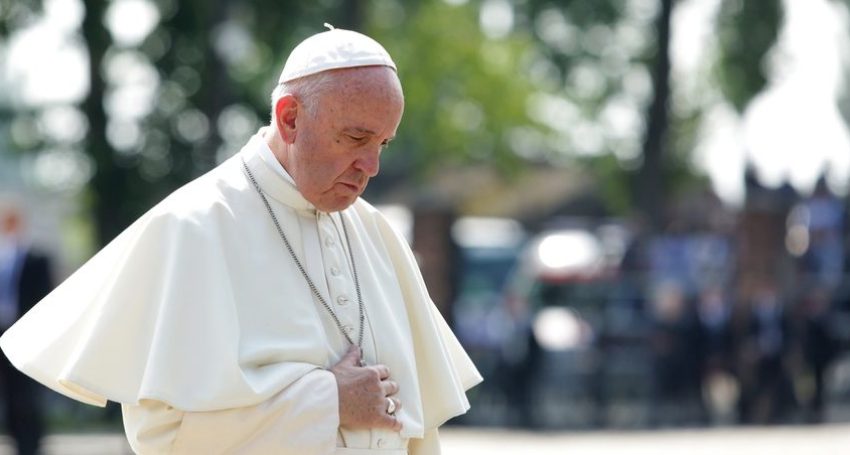Renewed effort to walk together
Opinion
After a break of several years, the Diocesan Ecumenical and Interfaith Commission has recently reconvened. The overall purpose of the Commission is to foster the spirit of ecumenism and interfaith relations in the Archdiocese.

The importance of genuine dialogue between the Church and other Christians, and between the Church and other religions and cultures, were among the breakthrough teachings of Vatican II. Following the Council, the movement for Church unity, in particular, was keenly embraced by many Catholics.
In the many years since then the initial enthusiasm for dialogue has diminished considerably. As a participant myself, I know that many were disappointed when hopes and aspirations were not fulfilled. Subsequent changes in the Church and Australian society (and the relations between them) have also had an impact. For many Catholics today dialogue with others is not a high priority. Some even question whether it is truly central to the life and mission of the Church.
Advertisement
In marked contrast, the writings, addresses and life of Pope Francis strongly advocate dialogue among Christians and with people of other faiths and cultures. This counter trend is also found in formal renewal processes of the Church, such the Synod of Bishops and the Australian Plenary Council.
In his first year as Pope, Francis urged Catholics to think of other Christians as “pilgrims journeying alongside one another”. He continued: “This means that we must have sincere trust in our fellow pilgrims, putting aside all suspicion or mistrust, and turn our gaze to what we are all seeking: the radiant peace of God’s face.” (Evangelium Gaudium, n.244)
In a recent address to the World Council of Churches, he affirms that “we are branches grafted on to the one vine who is Jesus” and urges us to walk together in order to bring “the healing grace of the Gospel to our suffering brothers and sisters”.
In similar terms, with important differences, Pope Francis has referred to people of all religions and cultures as members of “…a single human family, as fellow travellers sharing the same flesh, as children of the same earth which is our common home, each of us bringing the richness of his or her beliefs and convictions, each of us with his or her own voice, brothers and sisters all.” (Fratelli Tutti, n. 8)
Advertisement
What is the purpose of this dialogue? It is not simply for the sake of diplomacy or greater tolerance. The goal is rather “to establish friendship, peace and harmony, and to share spiritual and moral values and experiences in a spirit of truth and love”. (n. 271)
The Australian Plenary Council echoes these affirmations of dialogue: “Missionary discipleship is characterised by openness to encounter, hospitality and dialogue: with each other, other Christians, people of faith and no faith, and with the human family for the care of our common home”. (Framework for Motions May 2022: Part 3. n. 40) It also formally moved “that each diocese identify ways of promoting ecumenical and interfaith relationships”.
Historically the Adelaide Archdiocese has a good record of ecumenism and interfaith dialogue. We hope and pray that our reconvened Commission will build on this, and further contribute to what Pope Francis has called our “walking, working and praying together”.
Stephen Downs is chair of the Diocesan Ecumenical and Interfaith Commission.









